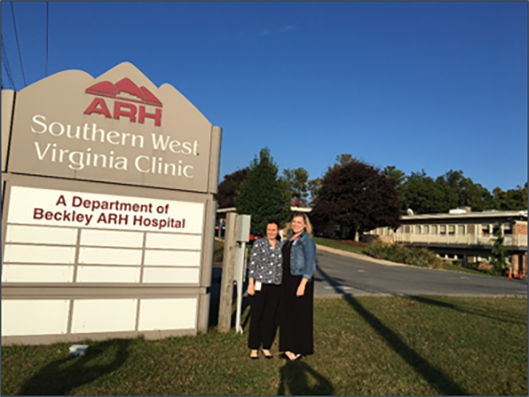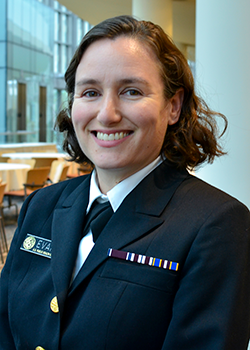The Untold Stories of Men Who Have Sex With Men in Rural America
- Men who have sex with men (MSM) living in rural areas face very different HIV prevention challenges than MSM living in cities with access to more resources.
- Rural MSM who have HIV are members of a marginalized population living with a stigmatizing infection in a small community.
- The HIV epidemic can be stopped — even in the most remote corners of the country — when HIV prevention strategies take into account the unique circumstances that exist for rural MSM.
“My experiences working in the field of HIV have shown me that men who have sex with men living in rural areas face very different HIV prevention challenges than those who live in cities with access to more resources. Some men in rural areas, for example, worry about getting their labs drawn in the same facilities where their friends and family members work. Others are reluctant to get their prescriptions filled by friends and family members at the local pharmacy.”
–Mary Evans, MD, MPH, EIS Officer Class of 2016
 [PNG - 254 KB]
[PNG - 254 KB]Mary (Molly) Evans, MD, MPH, EIS Class of 2016, and Sarah Labuda, MD, MPH, EIS Class of 2017 work in the field at the Appalachian Regional Healthcare’s Southern West Virginia Clinic.
CDC Media Relations
(404) 639-3286
media@cdc.gov

Mary (Molly) Evans, MD, MPH, EIS Class of 2016
CDC’s National Center for HIV/AIDS, Viral Hepatitis, STD, and TB Prevention
Education: MPH: Johns Hopkins University, 2013; MD: The Uniformed Services University of the Health Sciences, 2007; BA: Wellesley College, 2002
Work Experience: Resident (Internal Medicine): Boston Medical Center, Boston, MA, 2008-2010; Intern (Internal Medicine): Boston Medical Center, Boston, MA, 2007-2008; Work Experince: Chief of Primary Care, Indian Health Service: Chinle Hospital, Chinle, AZ, 2014-Present; Chief of Internal Medicine, Indian Health Service: Chinle Hospital, Chinle, AZ, 2012-2014; Internal Medicine Physician, Indian Health Service: Chinle Hospital, Chinle, AZ, 2010-2012
Volunteer Experience: Mentor, Grace Place, Chinle, Arizona, 2010-Present